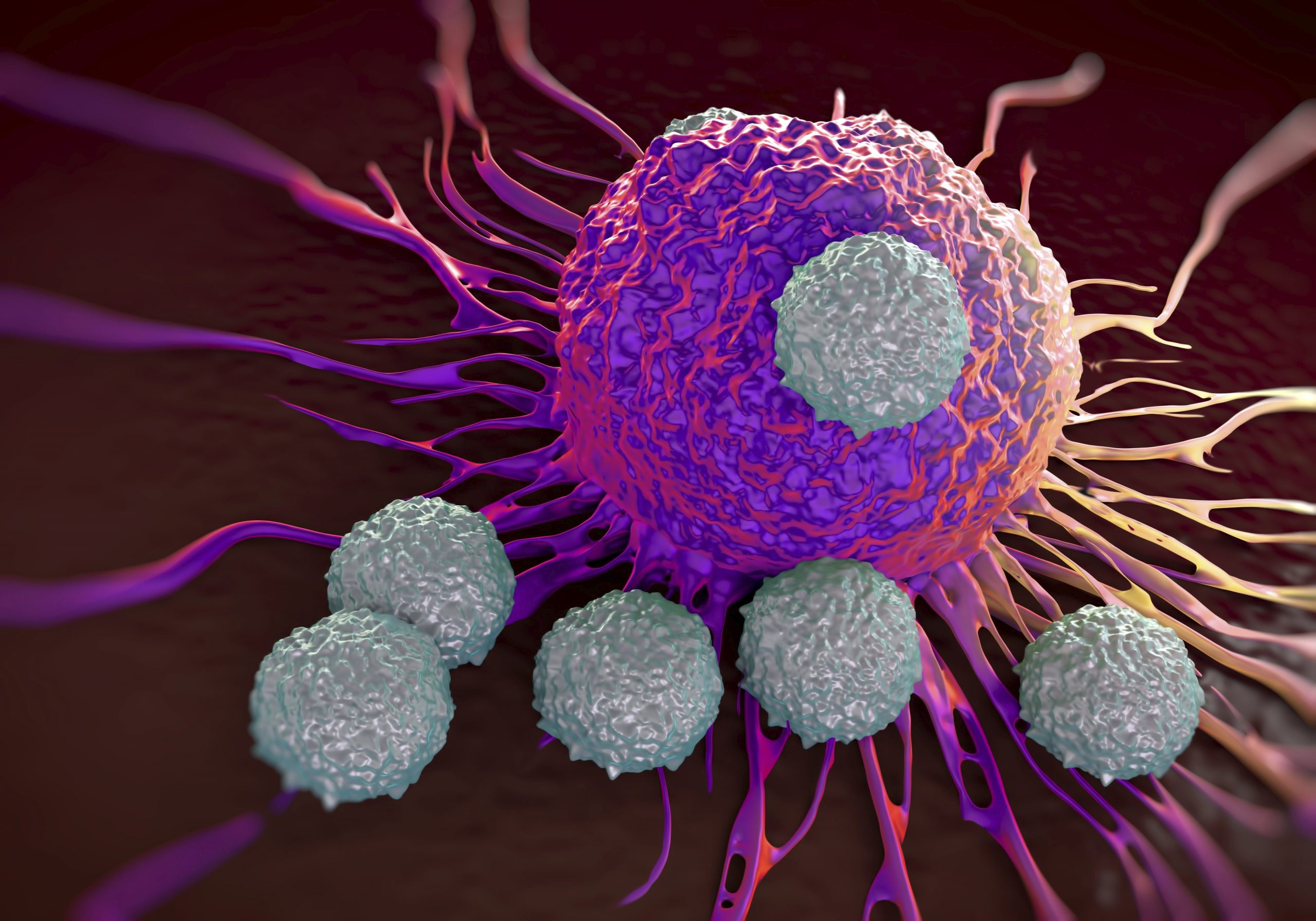Novartis scores first approval for PIK3CA breast cancer drug

The FDA has approved Novartis’ breast cancer drug Piqray (alpelisib), making it the first marketed treatment targeting the PIK3CA mutation in this disease.
The mutation occurs in around 40% of advanced breast cancer patients and is associated with a poor prognosis. It plays an important role in regulating cell processes and is the most frequently altered pathway promoting tumour growth and disease progression.
The prevalence of this mutation has led a number of pharma companies to target it, and has led Piqray to be tipped as a potential blockbuster for Novartis.
But getting PI3K drugs to work with tolerable side effects has been tough – Gilead’s Zydelig (idelalisib) is used in leukaemia but has boxed warnings because of its side effects.
And last year, Roche dumped its PI3K drug taselisib after deciding that the side effects outweighed the drug’s modest benefits in a phase 3 breast cancer trial.
Piqray’s approval is based on results from the SOLAR-1 trial, which showed that the combination almost doubled median progression-free survival from 5.7 months to 11 months in HR+/HER2- patients with advanced PI3KCA mutated disease, following progression on or after an aromatase inhibitor, with or without a CDK4/6 inhibitor, versus fulvestrant alone.
Side effects were “mild to moderate” in severity and “generally manageable” by changing dose and medical management.
In the arm treated with the BYL719 combination, 5% of the patients quit due to adverse events, compared with 1% on fulvestrant alone.
The most common all-grade adverse events were hyperglycemia (64% vs. 10%), diarrhoea (58% vs. 16%), nausea (45% vs. 22%), decreased appetite (36% vs. 11%) and rash (36% vs. 6%).
Of these, the most common grade 3/4 events were hyperglycemia (37% vs. <1%), rash (10% vs. <1%), and diarrhoea (7% vs. <1%).
The FDA also concurrently approved the therascreen PIK3CA companion diagnostic test from QIAGEN, which allows doctors to screen patients for the mutation and see if they will respond to the drug,
Piqray and the diagnostic test are the first combination product approved under the FDA Oncology Center of Excellence Real-Time Oncology Review pilot program.
The drug was discovered at at the Novartis Institutes for BioMedical Research.











